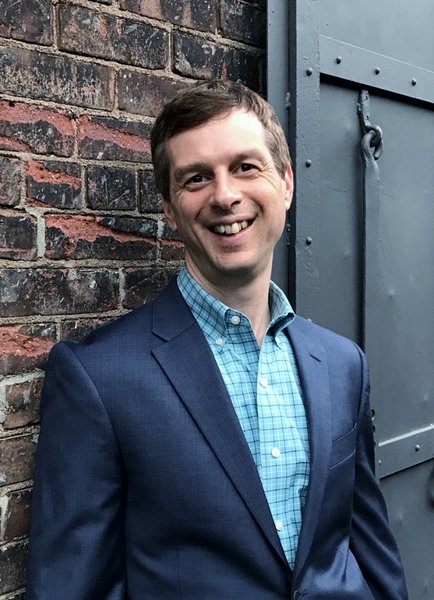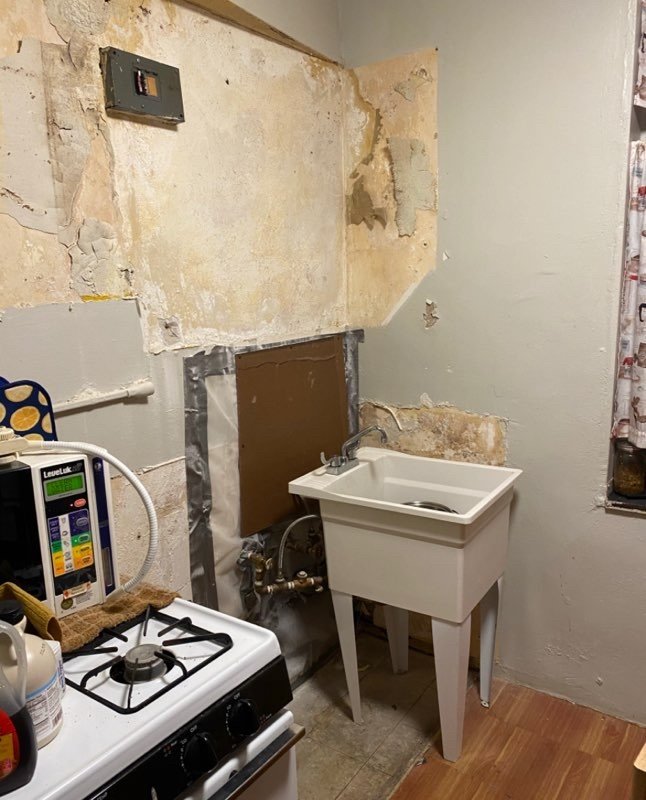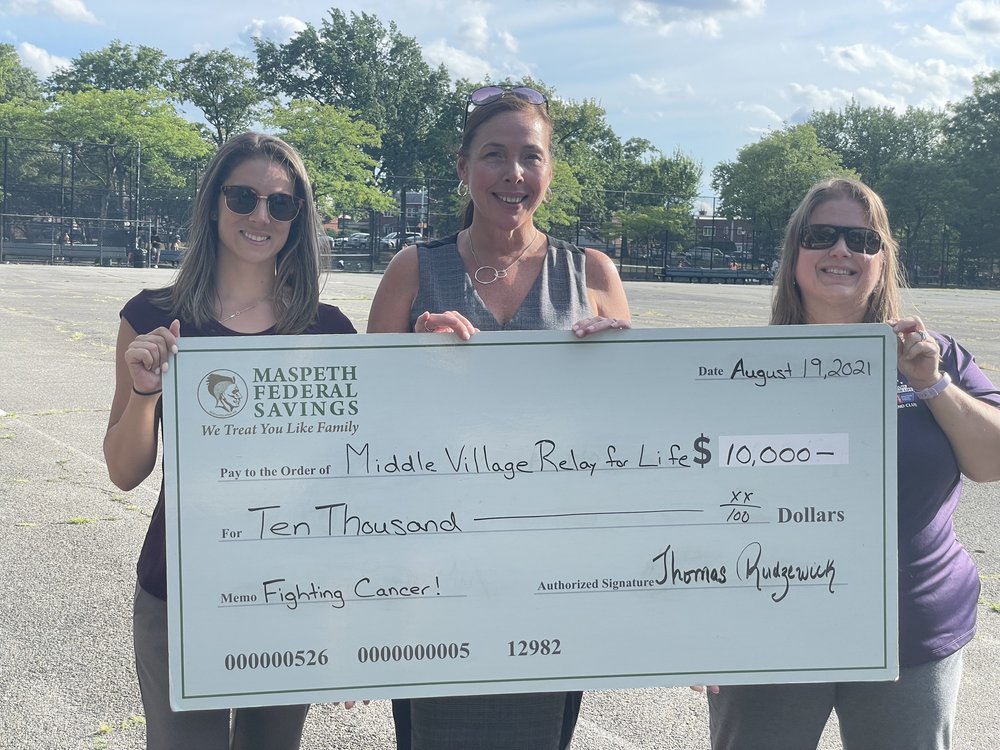Trade Enforcement Needs to be Top Priority
The United States-Mexico-Canada Agreement has been in force for over a year, but our North American trading partners refuse to fully implement the deal.
Canada has failed to open its dairy market to U.S. farmers and producers, as promised. And Mexico continues to privilege state-owned energy companies over U.S. energy firms, among other violations.
Unfortunately, Canada and Mexico aren’t the only U.S. trading partners shirking their commitments. The United Kingdom, Japan, Brazil, and Indonesia are also guilty of erecting trade barriers that threaten U.S. workers and businesses.
Luckily, U.S. Trade Ambassador Katherine Tai pledged that under her watch, the United States would “impart the values and rules that guide global commerce…[and] enforce those terms vigorously.”
This support for holding our trading partners accountable is extremely encouraging. Enforcing existing trade deals is one of the best ways to help American firms expand into new markets and create more jobs here at home.
International trade remains a pillar of the American economy. In 2019, U.S. companies imported and exported $5.6 trillion worth of goods and services. Forty million jobs depend on these transactions.
Unfortunately, when the federal government doesn’t properly enforce trade rules abroad, these businesses and their workers get ripped off – and that’s precisely what’s happening right now.
Consider that domestic policies in the United Kingdom and Japan undervalue American-made medicines and erect barriers to U.S. biopharmaceutical exports.
Meanwhile, local content laws in Brazil and Indonesia limit broadcasts of Hollywood films. Counterfeiting in Mexico also poses a challenge to American manufacturing firms and producers from a variety of IP-intensive sectors.
Individual governments aren’t the only ones blocking free and fair commerce. The World Trade Organization is currently considering a proposal that would invalidate IP protections for COVID-19 technologies.
Several WTO members, including the European Union, have opposed the proposal, which would chill research and development projects for years to come. So, it was particularly surprising when the Biden administration came out in support of the proposal earlier this summer.
There’s still time for the United States to disavow this position, and it’s in the best interest of American researchers and developers that they do.
Strictly enforcing existing agreements will also make it easier for Ambassador Tai to negotiate stronger treaties in the future, like those with Japan and the United Kingdom.
Prior to tabling U.S.-UK trade negotiations just before the 2020 election, negotiators had yet to finalize much-needed chapters on intellectual property and pharmaceutical regulation.
Writing robust IP protections into these chapters will generate a truly modern free trade agreement, one that ought to serve as a model for 21st-century negotiations going forward.
The previous USTR was also unable to secure protections for U.S. medicines in phase one of the U.S.-Japan Trade Agreement. And he didn’t address the country’s onerous vehicle testing standards that make automobiles the largest source of our trade deficit with Japan. Ambassador Tai can correct both errors.
It’s no mystery why stricter enforcement is popular with both parties. Nearly everyone from top politicians to ordinary workers recognizes that enforcement benefits American businesses.
They’re right, and Ambassador Tai now has the opportunity to grow the U.S. economy by holding our trading partners accountable. Here’s hoping she’ll succeed.
Frank Samolis is a partner and co-chair of the International Trade Practice at Squire Patton Boggs.








